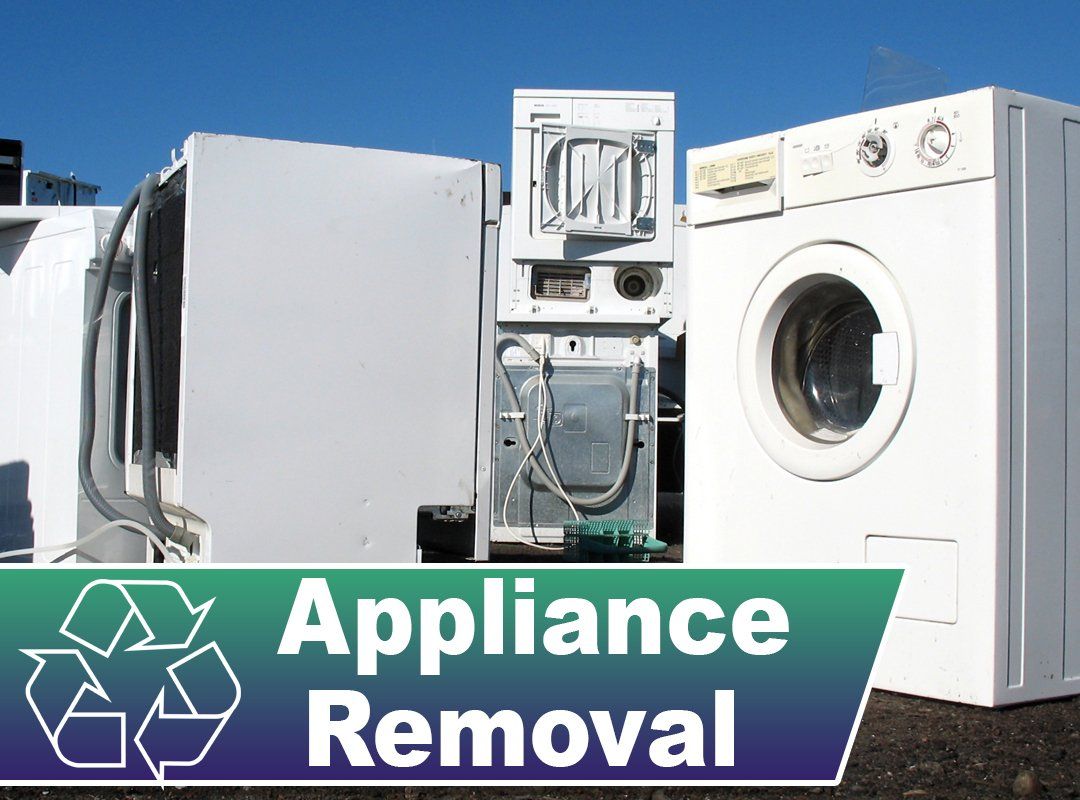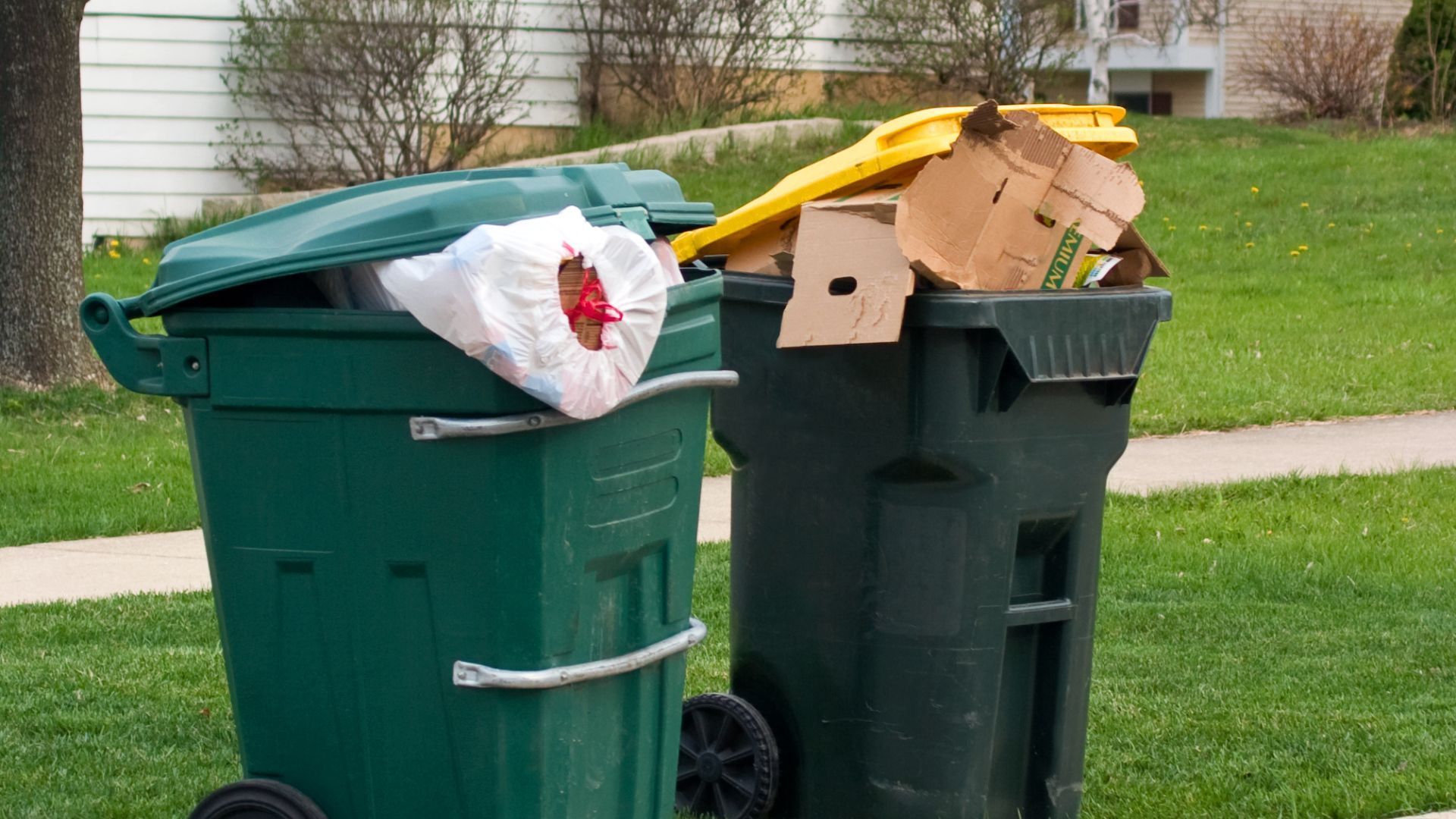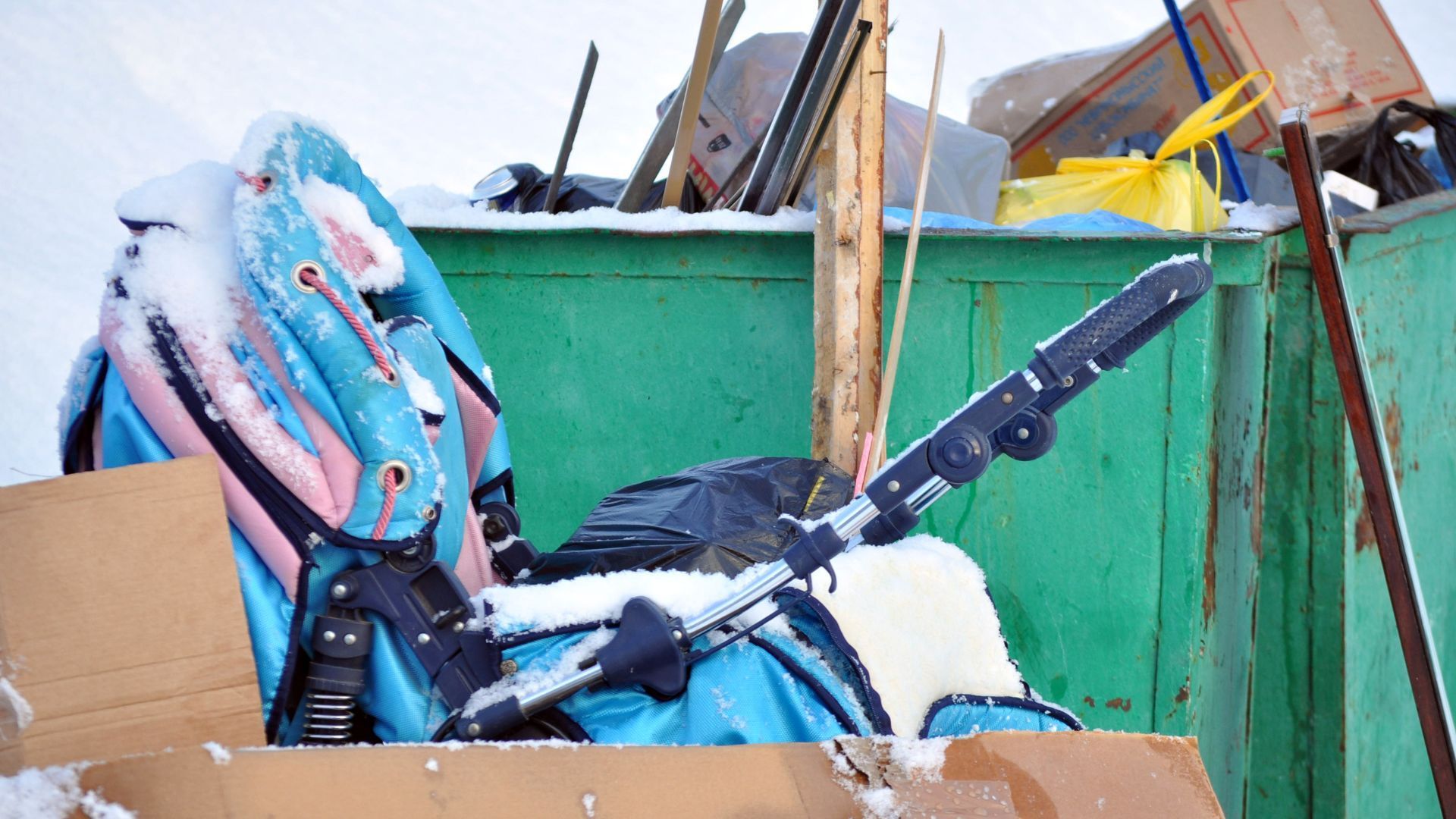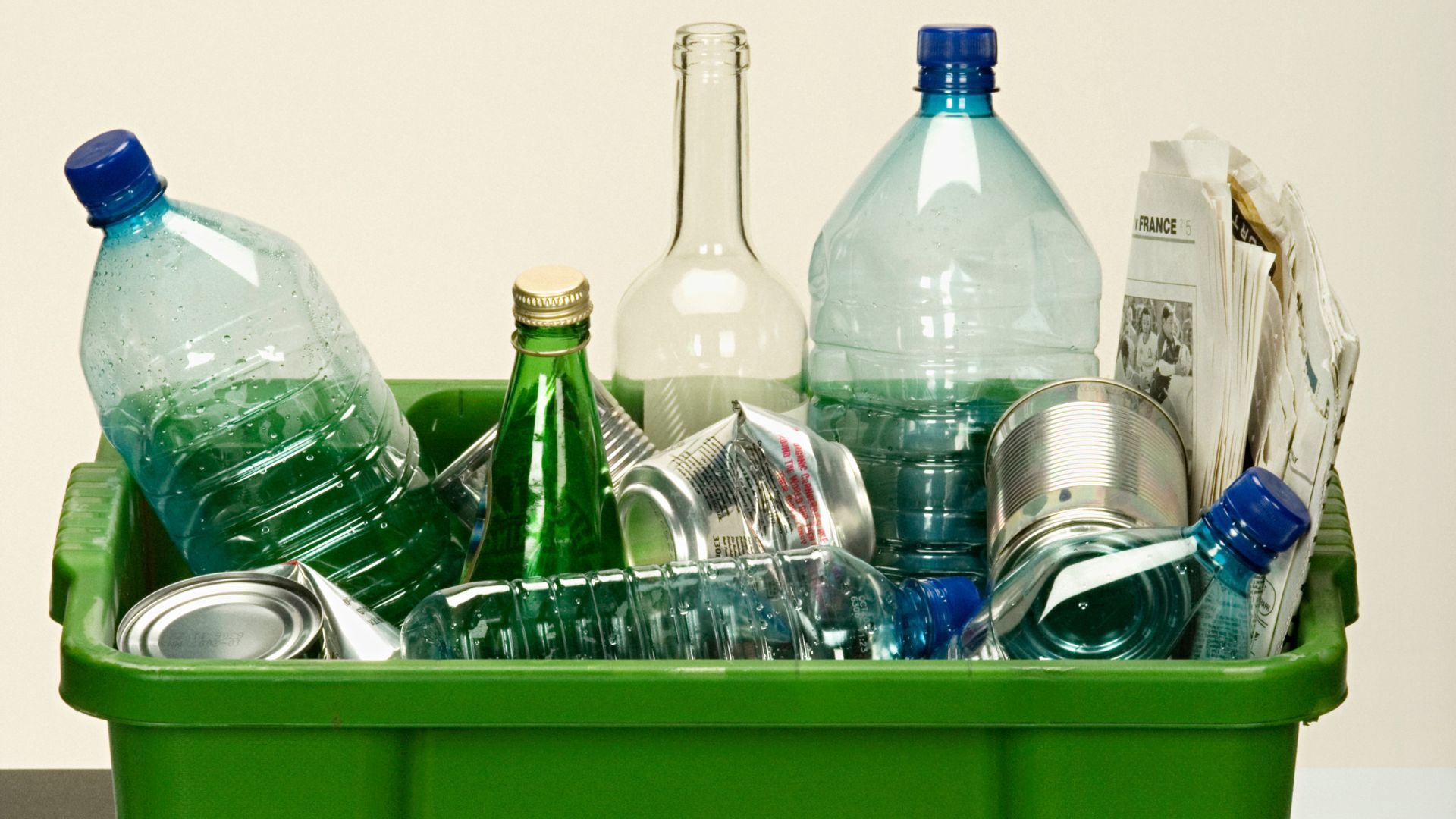Commercial Appliance Removal Augusta What You Need to Know
Commercial appliances have a way of outstaying their welcome. That oversized freezer humming in the back of the kitchen? It hasn’t worked in months. The industrial oven in your closed-down bakery? Just sitting there, collecting dust and regret. When it comes time to finally reclaim your space in Augusta, commercial appliance removal is not just a to-do item—it’s a project that demands precision, awareness, and the right approach. You can’t just yank a heavy-duty fridge out of the wall and hope the problem disappears.
Whether you’re renovating, relocating, or shutting down, dealing with these bulky beasts calls for more than muscle. There’s liability involved. There are rules. There’s the delicate matter of how to dispose of something that can’t just be dragged to the curb. This guide isn’t just about moving metal—it’s about doing it smart, safe, and in a way that won’t leave you cleaning up a bigger mess later.
Knowing When It’s Time to Let Go of That Appliance
There’s often a strange emotional attachment to commercial equipment. Maybe that deep fryer helped kickstart your business. Maybe the display freezer has been around longer than most of your staff. But nostalgia doesn’t pay the power bill or pass inspections. Appliances wear out. Refrigerant leaks, compressors fail, and wiring gets sketchy with time.
Waiting too long to remove an obsolete appliance is a common trap. It starts as a "we’ll deal with it next week" situation, and suddenly you’re six months in, dodging a broken ice machine on your way to the breakroom. Know the signs: it’s no longer functional, it’s draining resources, or it's taking up valuable floor space. Once you recognize the dead weight, it’s time to make room for progress.
The Hidden Hazards of DIY Appliance Removal
It may seem tempting—especially to business owners watching their budgets—to tackle appliance removal on their own. Roll up your sleeves, gather a few strong employees, and muscle it out the back door. Simple, right? Except it rarely goes that way. One wrong move and you’re dealing with pulled backs, gas leaks, or a scratched tile floor that suddenly becomes your landlord’s problem.
These appliances weren’t meant to be casually handled. Many contain hazardous components like refrigerants, oils, or sharp parts that can injure even the most cautious handlers. And let’s not even get started on navigating stairs or tight hallways. DIY can spiral into a costly mistake quickly. The better move? Know your limits and bring in professionals when the risks start to outweigh the reward.
Local Rules and Regulations Make a Difference
You can’t toss commercial equipment onto the sidewalk in Augusta and hope for the best. The city has rules—many of them strict—about what can be disposed of and how. That ancient gas range might be harmless in theory, but if it leaks or wasn't properly disconnected, you could face violations or fines. And if any appliances still contain chemicals like freon, disposal becomes even more complex.
Navigating these regulations isn’t just about avoiding tickets—it’s about operating responsibly. Some components require specialized removal techniques. Others must be handled with environmental care. Before anything moves, it pays to understand the guidelines set by Augusta and Richmond County. Getting familiar with these rules ensures your business stays in the clear while also doing right by the environment.
Not All Junk Is Created Equal
Commercial appliances fall into a category all their own. They’re not your standard kitchen microwave or desktop fan. We’re talking about walk-in coolers, industrial dishwashers, meat slicers, and multi-unit HVAC systems. These items are heavy, often hardwired, and built to endure—meaning they don’t go quietly.
Their removal involves more than just lifting. Dismantling may be required. Electrical or plumbing connections need proper shut-off and capping. In many cases, you’re not just removing the appliance—you’re deconstructing a part of your infrastructure. Understanding what kind of "junk" you’re dealing with helps set realistic expectations for how involved the process will be, and how best to tackle it.

Space Reclamation Starts with Clearing the Big Stuff
It’s amazing how much room a single appliance can devour. That old freezer in the breakroom? It’s not just taking up space—it’s defining how the room can be used. Remove it, and suddenly the whole layout shifts. More counter space. Room for tables. Even a path to upgrade your floor plan.
Commercial appliance removal isn’t just about junk disposal—it’s a strategic move in reclaiming your business’s potential. The footprint of large appliances impacts everything from staff movement to customer experience. Letting go of deadweight can reveal square footage you didn’t realize you had. Whether you’re redesigning, scaling up, or simply making things safer, clearing space is always step one.
Why Timing Is Critical in Business Transitions
There’s a fine line between "we’re remodeling" and "we’re behind schedule." Commercial spaces operate on timelines, and delays cost money. Whether you're handing the keys back to a landlord, preparing for health inspections, or welcoming in new tenants, everything hinges on punctuality.
Appliance removal often seems like the easy checkbox—but it can be the bottleneck if left to the last minute. The unit is heavier than expected. The wiring is trickier. The junk hauler can’t squeeze it into today’s route. Suddenly, your whole project is stalled. Smart business owners plan removal early in the process, building in wiggle room and scheduling ahead. It keeps things running smooth and gives you flexibility when surprises show up—which they always do.
Environmental Impact Isn’t Just Buzzwords
Every appliance that’s tossed has a footprint. Whether it's plastic, metal, gas, or rubber—these materials linger. Some break down in decades, others in centuries. That’s not just trivia—it’s responsibility. Choosing the right removal approach helps minimize environmental harm and maximizes recycling opportunities.
Much of a commercial appliance can be salvaged. Copper wiring, stainless steel, aluminum—all recyclable. But tossing everything into a landfill robs those materials of a second life. Not to mention, improper disposal of oils and chemicals can seep into soil and water. Being eco-aware in your disposal approach isn’t about following a trend—it’s about choosing sustainability that benefits your community and your conscience.
The Cost Factor Is About More Than Price
Sure, everyone wants to know: how much will this cost? But the better question is: what’s the value? Choosing a cheaper route might mean getting rid of an appliance, but at what risk? Damaged floors. Dangerous leaks. Extra cleanup. The cheapest service isn’t always the smartest.
The right team brings more than a truck. They bring expertise, insurance, knowledge of disposal laws, and proper equipment. It’s a full-service experience that keeps your business running smoothly while reducing stress. Don’t think of it as throwing something away—think of it as an investment in clearing obstacles from your operation, both physically and logistically.
Disassembly Is Sometimes the Only Way Forward
Some appliances simply can’t leave the building in one piece. Maybe the walk-in cooler was built inside the kitchen. Maybe the double-deck oven doesn’t fit through the current doorway. In those cases, disassembly is required—not just for removal, but to prevent structural damage during the exit.
Professional teams know how to break things down methodically, preserving reusable parts while reducing the risk of injury. This isn't about swinging sledgehammers—it’s about precision. Wires need labeling. Valves need shutting. Heavy doors need bracing. Doing it wrong means broken walls or worse. Doing it right means a clean exit and no costly repairs.
Safety Isn’t Optional in Commercial Spaces
A removal job gone wrong in a residential setting is one thing. But in a commercial environment, the stakes go way up. There are employees to consider. Customers. Regulatory inspections. You can’t afford accidents—not when your business’s reputation and operational license might be on the line.
Safe appliance removal involves more than lifting technique. It requires PPE, knowledge of load limits, proper disposal for refrigerants, and secure transport practices. Professionals don’t just show up—they strategize. They create a plan that minimizes downtime, maximizes efficiency, and keeps everyone out of harm’s way. It’s peace of mind that can’t be faked.
Logistics Are Half the Battle
It’s not just what you’re removing—it’s how you get it from point A to point B. Parking restrictions, loading docks, stairwells, narrow doors—all of these play into the puzzle. And if you’re on a tight timeline, there’s no room for error. That oversized appliance doesn’t care about your deadline, and neither does city traffic.
A smooth commercial appliance removal depends on detailed logistics planning. The right approach involves site assessment, careful timing, the right tools, and coordination with building management if needed. Whether your business is in a high-rise or tucked in a strip mall, knowing how the removal process will unfold prevents chaos and ensures success.
Conclusion
Commercial appliance removal might seem like a behind-the-scenes chore, but it’s actually a key part of reshaping your business environment. Whether you’re upgrading outdated equipment, closing up shop, or simply reimagining your workspace, those bulky machines need to be removed with care, legality, and precision. It’s not just about hauling things away—it’s about managing timing, safety, logistics, and environmental impact all at once.
Done right, the process frees up space, reduces liability, and positions your business for smoother transitions. If you're operating in Augusta and ready to clear out the clutter, don’t go it alone. Let trusted local professionals take the reins, ensuring your equipment is removed safely, efficiently, and with total respect for your schedule and surroundings. From planning to disposal, every detail is handled with the professionalism your business deserves. For reliable commercial appliance removal you can count on, contact Hinkins Disposal today. Located in Augusta, GA. Phone: (706) 885-4032. Email: Hinkinsdisposal@gmail.com.




